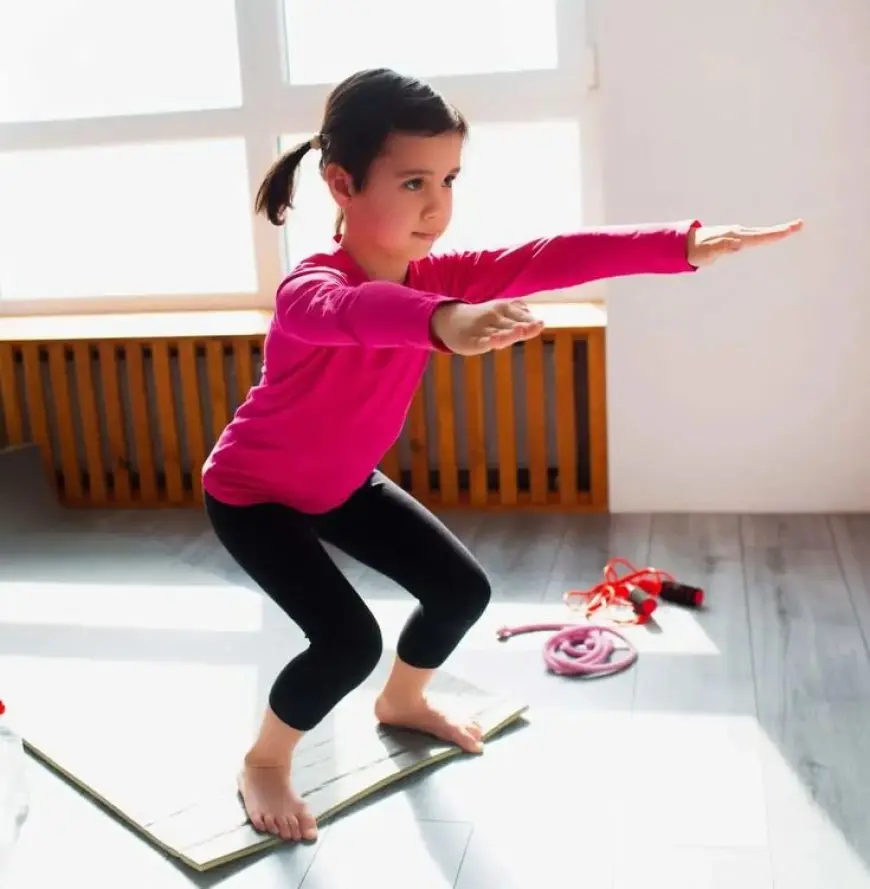Why Physical Education is Crucial in Schools
Why Physical Education is Crucial in Schools

Physical Education (PE) is an essential part of a well-rounded education, contributing to the overall development of students. Beyond improving physical health, it fosters mental well-being, teaches life skills, and promotes social interaction. Here’s why PE holds such importance in schools:
1. Promotes Physical Health
Physical education encourages regular exercise, which helps combat childhood obesity, strengthens the heart and muscles, and boosts the immune system. Students who engage in physical activities are more likely to adopt healthy habits that persist into adulthood.
2. Enhances Mental Health
Exercise has been proven to reduce stress, anxiety, and depression. PE classes give students an outlet to release tension, improving mood and promoting a sense of well-being. Endorphins released during physical activity enhance focus and energy levels, positively impacting academic performance.
3. Teaches Discipline and Responsibility
Physical education instills discipline and the importance of consistency. Students learn how to set goals, work towards them, and hold themselves accountable. These lessons extend beyond PE class, shaping character and behavior in other areas of life.
4. Improves Academic Performance
Studies have shown that students who are physically active tend to perform better academically. Exercise enhances brain function, improves memory, and boosts cognitive skills. PE provides a balance between classroom studies and physical activity, fostering a holistic approach to learning.
5. Develops Social Skills
Through team sports and group activities, students learn valuable social skills such as teamwork, communication, leadership, and conflict resolution. These experiences build empathy and cooperation, helping students form healthy relationships.
6. Encourages Lifelong Fitness
Introducing students to various sports and physical activities during their school years helps them discover interests they can pursue throughout life. This early exposure increases the likelihood of maintaining an active lifestyle.
7. Teaches the Value of Fair Play
Physical education emphasizes sportsmanship, respect for others, and the importance of following rules. These values foster integrity and fairness, both on and off the field.
8. Provides Stress Relief
In today’s fast-paced, academically demanding environment, PE serves as a much-needed break. Engaging in physical activities helps students release pent-up energy, allowing them to return to their studies with renewed focus and determination.
9. Addresses Holistic Development
PE nurtures the physical, emotional, and social aspects of a student’s growth. It ensures that education isn’t limited to academic success but also includes the development of a healthy and balanced individual.
Conclusion
Physical education is more than just an hour of activity; it’s a fundamental part of shaping healthier, happier, and more well-rounded individuals. By prioritizing PE in schools, educators prepare students to lead fulfilling lives with a foundation of physical and mental well-being.







